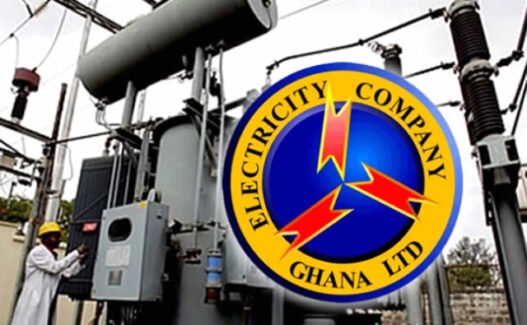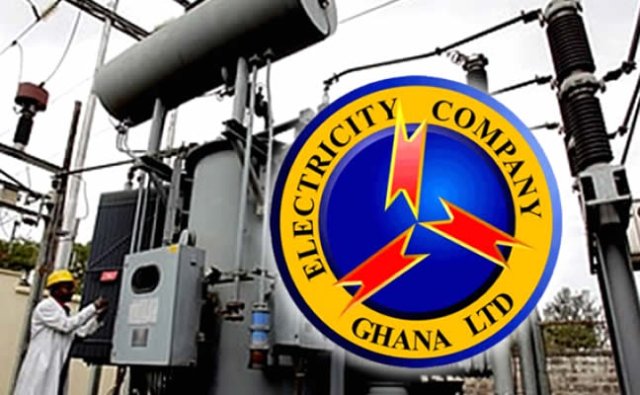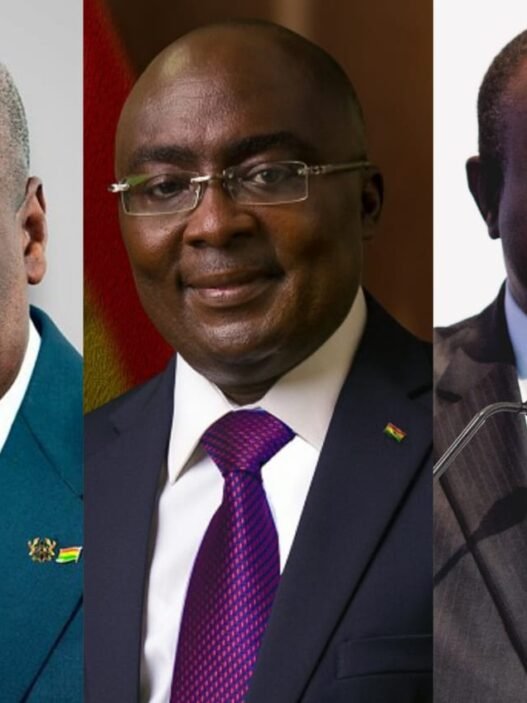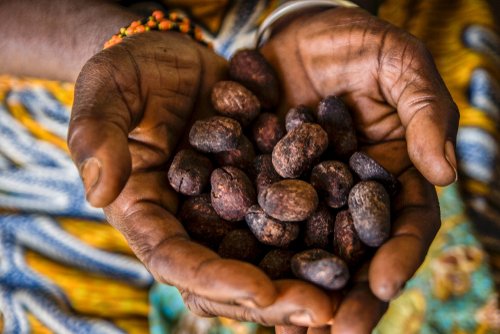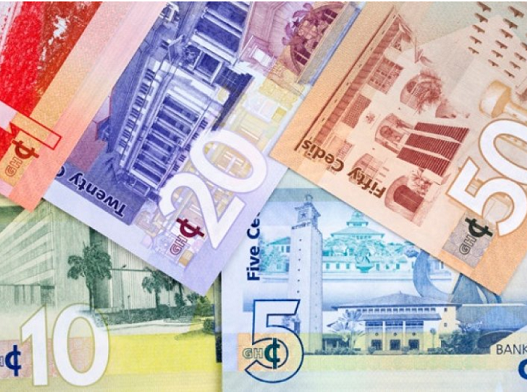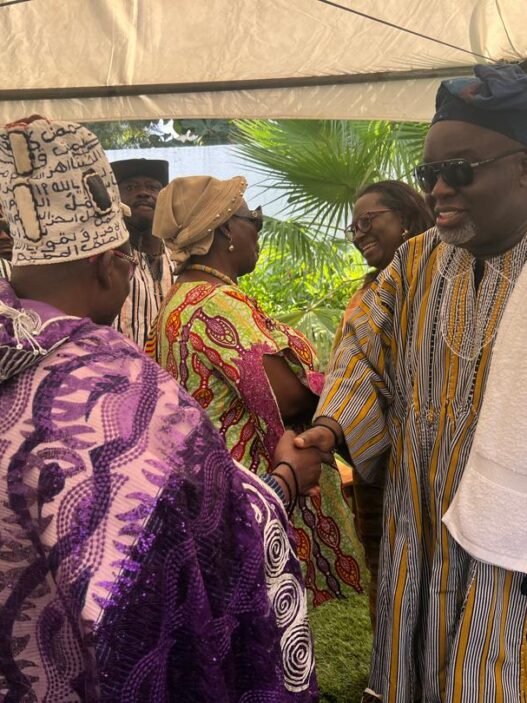Ghanaians are still feeling the pinch of skyrocketing utility bills, and it’s got many asking: Why are we still paying ‘Dumsor’ prices even when the lights stay on? The days of erratic power cuts might be largely behind us, but it seems like the financial pressure of living in a ‘post-dumsor’ world has only worsened. With electricity, water, and gas prices soaring, citizens are left wondering whether the promises of economic transformation under the ‘Ghana Beyond Aid’ agenda have turned into ‘Ghana Beyond Reason’ for their wallets.
From Dumsor to High Bills: A Double Blow
The period of dumsor (persistent power outages) that gripped the nation for years brought with it endless frustrations—spoiled food, stalled businesses, and a general sense of helplessness. Fast forward to today, and while Ghanaians are no longer battling constant blackouts, they’re now fighting a different kind of frustration: massive utility bills.
The irony is stark. While we should be enjoying the benefits of consistent power, the rising cost of electricity, water, and gas has left many feeling trapped. It’s like moving from one frying pan into another—“dumsor wo ho a, bills aba!” The lights may stay on, but it seems like the prices have caught fire.
What’s Fueling the High Prices?
The reasons behind the sharp rise in utility costs are complex, but a few key factors stand out:
- Rising Fuel Costs: The global increase in oil prices has a direct impact on the cost of power generation in Ghana. Although some progress has been made towards renewable energy, fossil fuels still power a significant portion of our electricity, and rising fuel costs are reflected in the bills.
- Exchange Rate Woes: Ghana’s heavy reliance on imported goods, including equipment and resources for power generation, means that fluctuations in the cedi’s value against the dollar hit the energy sector hard. As the cedi weakens, the cost of importing materials goes up, and these costs are passed onto consumers.
- Tariff Adjustments: Over the past few years, the Public Utilities Regulatory Commission (PURC) has announced several upward adjustments in utility tariffs. While these hikes are intended to keep the power sector financially viable and ensure maintenance of infrastructure, they’ve also left consumers with little room to breathe.
- Debt and Energy Sector Struggles: The energy sector’s debt crisis continues to loom large. With power distributors still owing large amounts to power producers, these financial challenges are often recouped through higher tariffs imposed on ordinary Ghanaians.
Are We Getting Value for Our Money?
With utility prices on the rise, the key question remains: Are we getting value for our money? Ghanaians have long held the belief that higher costs should lead to better services, but many still experience frequent interruptions in both power and water supply, albeit on a smaller scale than during dumsor.
Furthermore, concerns about the quality of service from utility providers, especially in terms of response to outages and repairs, remain widespread. For most households, the only noticeable change is the monthly bill—getting bigger and scarier each time. “Ɛyɛyɛ ya sɛ utility bills no yɛ kɔnsɛntina!” (It hurts like utility bills are electric shocks!)
Ghana Beyond Aid or Ghana Beyond Affordability?
The government’s ‘Ghana Beyond Aid’ agenda aims to push the country toward self-sufficiency, reducing dependency on foreign assistance. However, for many Ghanaians, the reality of paying these skyrocketing bills feels like a far cry from financial independence. Instead of reaping the rewards of stable power, households and businesses are being burdened with costs that seem to grow faster than their incomes.
So, is this the price we pay for progress? Or are we simply dealing with a system that’s been poorly managed for too long? For now, it seems like most Ghanaians are stuck in a cycle of high utility prices and economic stress, with no clear relief in sight.









